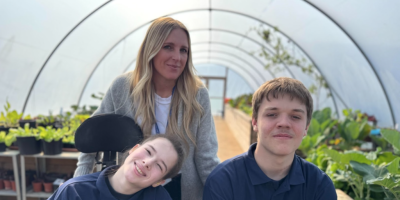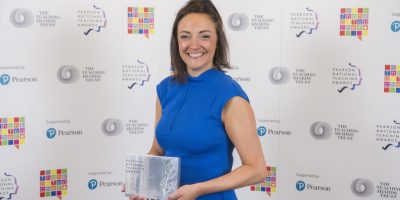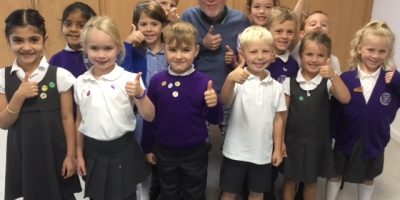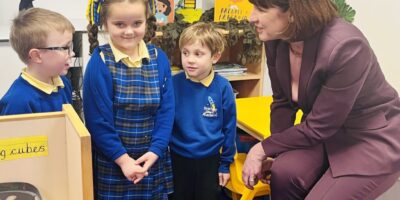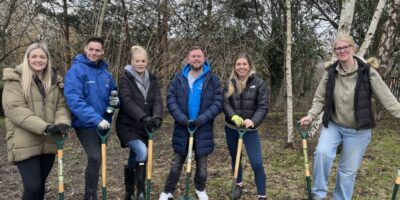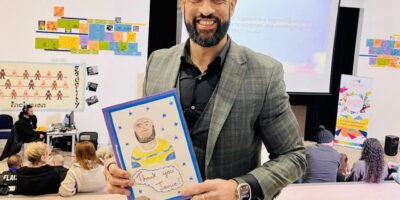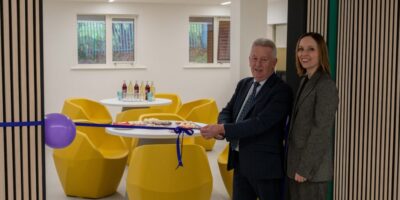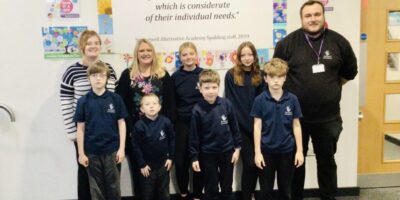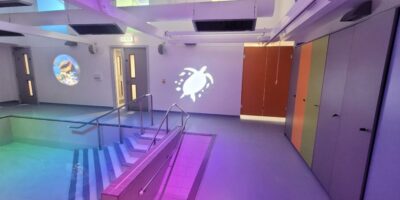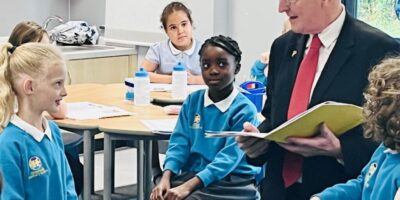Springwell Spalding have won a prestigious award from the Fair Education Alliance for their “Intrapeneurship” project of introducing an EYFS room at an Alternative Provision school.
The problem
There are increasing numbers of very young children being excluded from mainstream schools. Permanent exclusions of children under 7 have almost doubled since 2010. In 2019-20, there were 156 children aged 0-3 in AP settings, and 149 children aged 4.
As colleagues in AP settings will know, there are increasing numbers of children who are in school years 2-4, but are working significantly below this, sometimes working towards EYFS level objectives.
Primary AP settings tend to be small, so generally have to place children in a mixed age primary class. While a child in year 2 needs to have at least some time sitting at a desk, completing written mathematics work, a child at 22 months needs to be exploring capacity in the water tray, or developing a sense of shape through playing with blocks. No matter how wonderful our primary AP teachers are, it is incredibly difficult to create a classroom that caters for both these children.
We have therefore developed a special EYFS room in Springwell Spalding, which is set up like a nursery, and which caters for children who are still working in the EYFS, no matter how old they are. Our approach in this provision is based in the work of Montessori, Froebel, and Regio Emilia – a child centred, play based curriculum, with a particular focus on communication, early literacy, and supporting students’ SEMH needs.
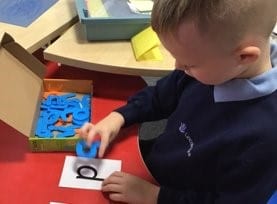
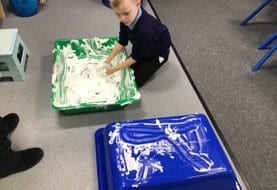
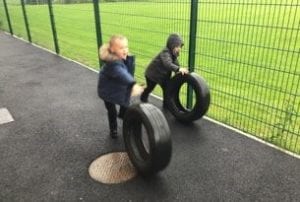
The FEA Award
The Intrapreneurship Award is a collective approach of internal innovation, leveraging the expertise and connections of the Fair Education Alliance membership to offer up to 5 Winners a year-long programme of support and £15k to develop, test and embed a new programme, partnership, product or service to make education fair. Award Winners also receive a place on the Intrapreneurship Incubator, an intensive programme of technical and leadership training, supportive mentoring and expert advice to help them develop, pilot and embed the idea within the organisation.
Louise Bostock is our Lead EYFS practitioner, and she has been working with the FEA on developing the plan for our EYFS room, as well as considering how we will measure the impact, and (if it proves successful) how we can grow the provision beyond Springwell Spalding, as well as influence practice nationally. Louise spoke recently at the FEA summit – a national virtual conference for FEA members and interested organisations – raising the profile of Springwell Spalding, Wellspring as a trust, and our fantastic Early Years project.
The impact so far
We are in the early days of our project, but the initial signs are amazing. We have four students in our EYFS provision now. One of those was with us before the
EYFS room opened, so we can directly compare his behaviour and progress in a mixed age primary AP class, to the EYFS provision. The impact on him has been nothing short of phenomenal. This child made very little progress in his speech, phonics, or letter and number recognition while in the primary class. Since moving into the EYFS room, he has started making progress in all three. He used to go into crisis mode regularly, often biting staff and requiring restrictive physical interventions on average once a week in order to keep him and other students safe. Since he moved into the specialist provision, he has not bitten once, has displayed very little crisis behaviour, and has only required physical support twice since September. We are incredibly proud of him, and the staff in the Springwell Spalding EYFS room that have made it all possible.


